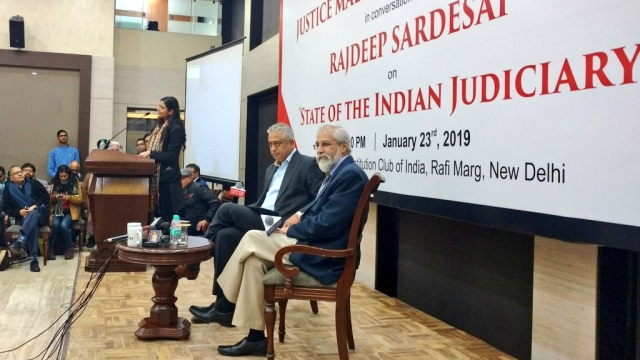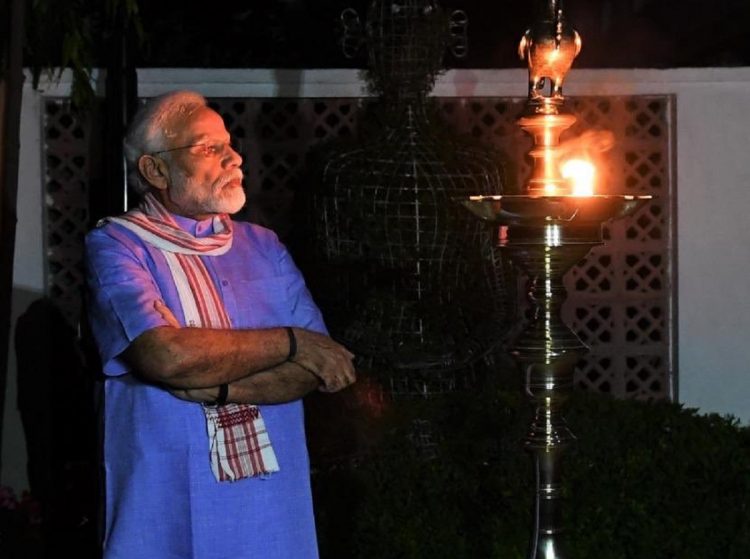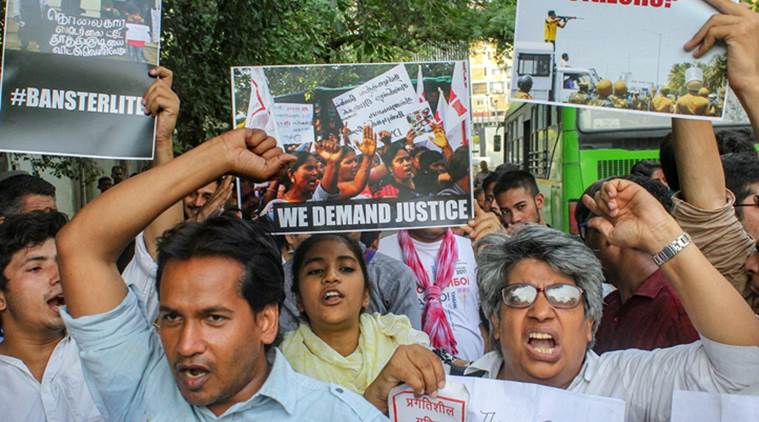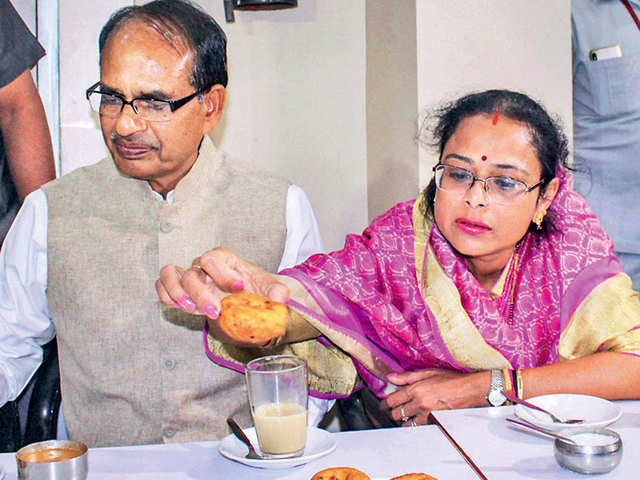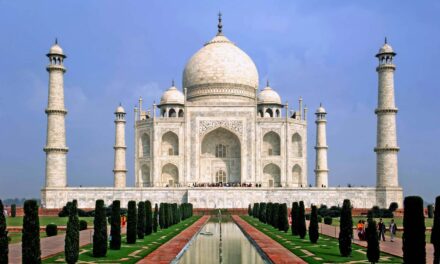Rejecting the allegations of nepotism in the judiciary, Justice Lokur said healthy discussions take place at collegium meetings and agreements and disagreements are part of it.
Asked as to what did the “historic” press conference held on 12 January 2018, against the then Chief Justice of India (CJI), Dipak Misra, achieve, Justice Lokur replied that “It brought in certain degree of openness in the system.”
To a question if the judges should interact with political executives or if judges should maintain a distance, he said, “I don’t think this ivory tower business is correct. In an ivory tower, you won’t know what is going on. A judge can’t be a hermit.”
He also rubbished the hype over Prime Minister Narendra Modi attending a dinner hosted by the CJI, and later paying visit to Court room no.1 in the apex court.
On corruption in judiciary, he feigned ignorance and instead asked Sardesai to name the corrupt judges.
At this, senior lawyer Indira Jaising gave the example of Justice Shukla of Allahabad High Court, against whom the CJI recommended impeachment proceedings in January last year. Another senior lawyer, Prashant Bhushan also pitched in stating that “a High Court judge, against whom corruption allegations were raised by a sitting Supreme Court judge, was being considered for elevation.”
Commenting on the acceptance of post-retirement jobs by newly retired judges, Justice Lokur pointed out that many laws required tribunals and statutory bodies to be headed by retired judges.
“A decision by all judges to refuse post-retirement appointments will bring things to a standstill. Otherwise law needs to be changed,” he said, stressing that “a line must be drawn on post retirement jobs for judges.”
I would not accept any governorship or nomination to Rajya Sabha, he remarked.
On being asked if the apex court should be running the Board of Control for Cricket in India (BCCI), the former SC judge said that the apex court had overstepped its jurisdiction:
“I won’t comment on individual cases. But, yes, there are cases where judges have gone beyond their jurisdiction. The executive overreaches, the legislative overreaches even the judiciary has done so. It is time we take a step back.”
“What do you do when the government sits on a file for months together?” Lokur asked, referring to the controversy over the elevation of Justice KM Joseph. “There is a possibility that the government sits on a file because they didn’t want a particular judge,” Lokur stated, and asserted that there had to be a mechanism by which timelines need to be strictly adhered to.
Asked by a member of the audience as to why the top court did not appoint any Dalit or Adivasi judge over the past eight years, Justice Lokur claimed that “there was not even one senior enough to be elevated.”

